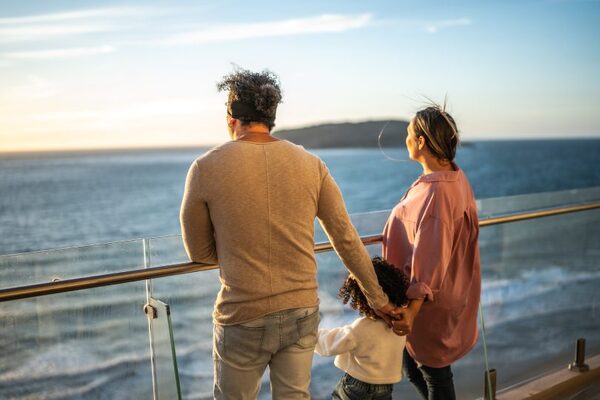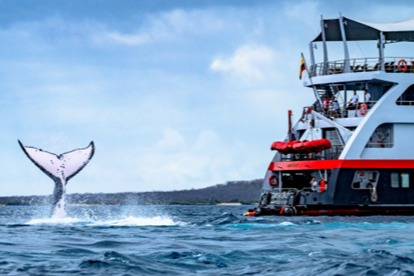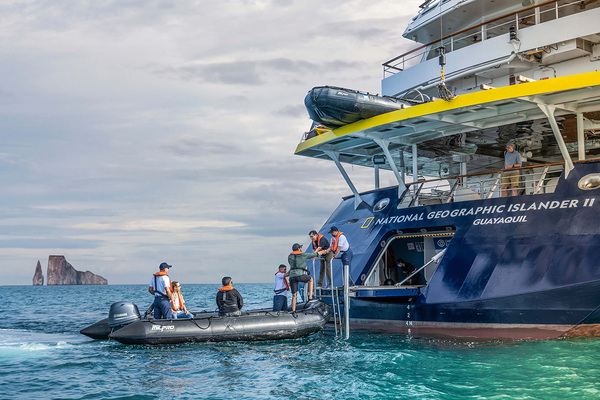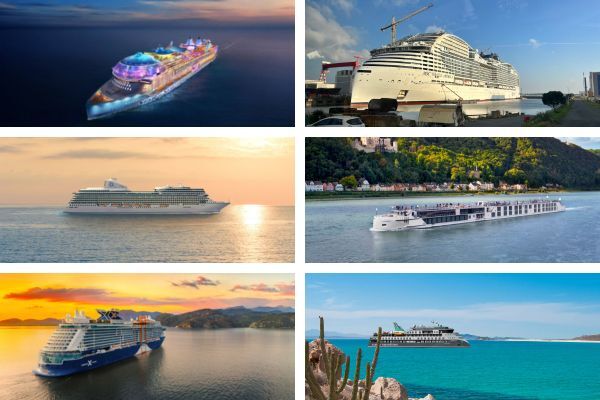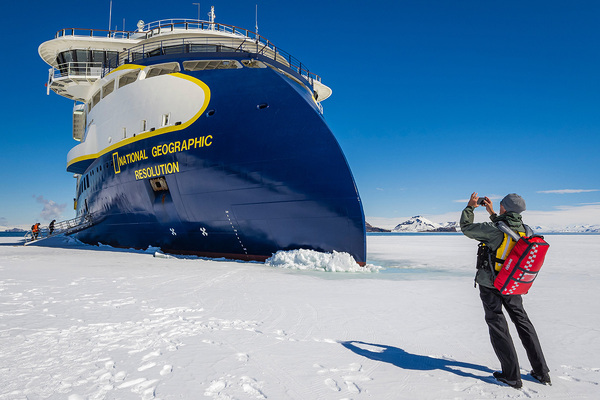'Knowledge gaps are preventing cruising from becoming the most accessible form of holiday'
Let’s be frank – cruising is potentially the most accessible form of travel.
When I ran my own agency, Strawberry Holidays, I had clients with a range of accessibility needs who loved the freedom a cruise holiday can offer.
However, their dream trips all too often fell short of what they were looking for.
Angie booked a European adventure with her children through my business. Her son has autism so when he’s upset it can be difficult to comfort him.
Prior to departure, we filled out lengthy forms and emailed both cruise lines – whom I won’t name to avoid any embarrassment – to tell them her son needed a quiet embarkation, away from crowds.
Sadly, neither cruise line – nor the portside teams – stepped in to help at this crucial moment. “The situation felt completely out of my control,” she later told me.
Angie said the experience ruined their holiday. But the end result could have so easily been avoided.
Ali is another of my former customers, who felt her and her then 10-year-old son’s needs were misunderstood.
Despite detailing what her autistic son required, the information she provided was not widely shared by the cruise line’s accessibility team.
Following a difficult night, during which Ali’s son required new sheets after several “accidents”, the housekeeping team caused her and her son great embarrassment when they tried to charge her €234 for the bedding.
Another client, David, had mobility needs following a stroke. He was forced to sleep with vomit on his sheets after housekeeping refused to change them.
This came after he and his partner asked to move cabins due to the lack of space in their wheelchair accessible cabin. They spent their entire trip unable to move around their room freely.
Despite these negative experiences, accessible travel expert Jennie Berry tells me Virgin Voyages are “doing a lot right and are inclusive for different marginalised groups”.
"It’s a bit of a mixed bag when it comes to cruising,” she says. “I am yet to see any of Virgin Voyages’ competitors use the same boarding system they do – where the steps turn into ramps and are motorised. This is a huge help for me as a wheelchair user."
To truly make cruising accessible for all, any training the crew receive should help them understand passengers’ needs and, subsequently, help them communicate in a more effective and sensitive way. Jennie agrees. “There is a lot more that can be done on this front," she adds.
By addressing these knowledge gaps, cruise lines can take massive strides towards ensuring every traveller – regardless of their needs – can enjoy their cruise to the fullest.
Kate Holroyd is a travel professional and the former owner of Lancashire agency Strawberry Holidays.
Sign up for weekday travel news and analysis straight to your inbox

Kate Holroyd
Supplier Directory
Find contacts for 260+ travel suppliers. Type name, company or destination.
